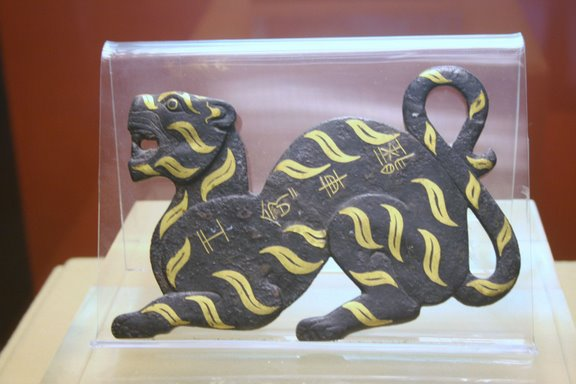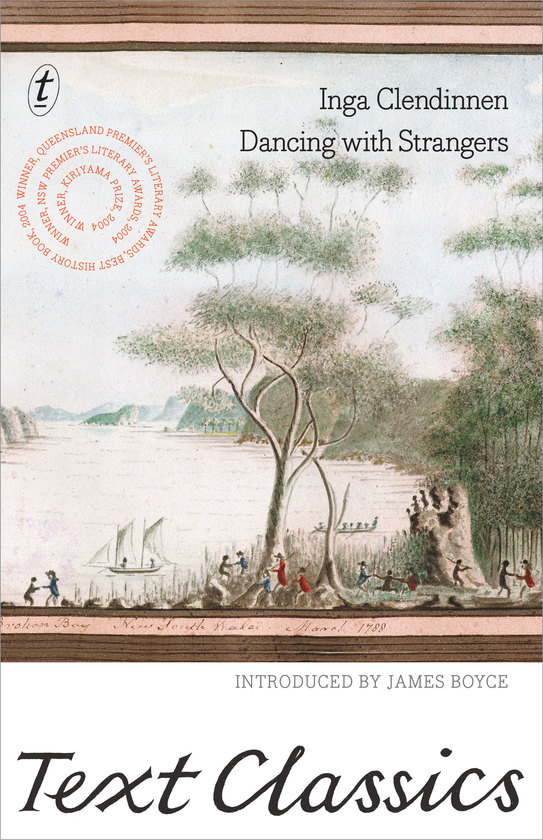In this thread 👇🏼👇🏼👇🏼students of #Literacies unit @MQLinguistics @Macquarie_Uni share what they've learned so far (1st quarter of semester)
Favorite facts about #literacy
Favorite facts about #literacy
#Literacy is dynamic, continually developing and unfolds in new and unexpected ways. Learning the inception of #writing and its trajectory to the forms we use now has me excited to observe how literacy continues to develop in the future
languageonthemove.com/who-invented-w…
languageonthemove.com/who-invented-w…
I particularly was surprised by the fact that early prints were made to be similar to handwriting, I thought that was quite genius idea! Also, I liked the fact that printed #books were given to the people whose main job was to decorate them! 

I enjoy #learning about the invention of #writing the most so far because it’s not only about humans’ intelligence—to be able to invent, but also humans’ tool for uniting a #nation—such as #China uses written script to unite their people of different spoken dialects into one 

The #Latin script has become a global mammoth in modern-day #languages, where different writing systems now use the Latin script as a form of transcription, like Pinyin. Some Latin scripts even include extra letters (Scandinavian languages) or fewer letters (Polynesian languages) 

My favorite information so far is #Maya writing system. I found that their writing system is similar to the #Chinese writing system in ancient times. Mayan uses syllabary with logographic elements
ancient.eu/article/655/ma…
ancient.eu/article/655/ma…
English is a combination of alphabetic script with logographic elements! Letter-sound relationships are base for #English #spelling but some letter combinations in English are systematically related to morphemes or considered as logographic element!
languageonthemove.com/is-english-spe…
languageonthemove.com/is-english-spe…
I was amazed to learn about the great vowel shift which occurred in #English pronunciation mostly after the advent of the printing press. The resultant mismatch in English spelling can be easily understood under this light. Why don’t we learn about this in High School English? 

Most #writing systems are inspired by other writing systems 

While #writing is an effective method to record #information, it is also integral to the development of #civilization. It enables sharing of ideas, perspectives and concerns, which may lead to greater levels of mutual understanding and caring, and strong community relationship 

What a difference viewing a topic with a different lens makes! Eurocentric colonial narratives have resulted in incredibly interesting communicative systems being overlooked or mischaracterised, one example being the Indigenous #Australian message sticks
languageonthemove.com/what-can-austr…
languageonthemove.com/what-can-austr…
My favourite piece of new information I have learnt so far is how the #alphabet began, how #literacy began and the different interpretations of literacy that are found in our day-to-day lives. Plus the teacher & the way the unit is structured are amazing! 

I am interested in all the topics so far, such as #writing evolution, the #Latin #Alphabet and #MessageSticks. Reading materials, video lecture and interactive discussion participation tasks attracts me to explore more information about #literacy
https://twitter.com/Lg_on_the_Move/status/1290406124458393600
#Vietnamese script is based Latin Alphabet. If i were born before 17th century, i would be illiterate because Nom characters are too challengingggg 

I admire he process of #abstraction through which our ancestors changed images of concrete objects to characters or signs. I have also admired their #creativity that helped them associate the images with the sounds and abstract meanings
https://twitter.com/Lg_on_the_Move/status/1290406146948206592
The most interesting fact that I learned from this unit is that the problems the ancient people found in the area of administration and bureaucracy, trade and commerce, and religion triggered the invention of writing as a durable record keeping system.
https://twitter.com/Lg_on_the_Move/status/1290406132528250880
I am most interested in #literacy events in which people follow social rules to verbalise what they know from and about written materials. This is because I have never thought the writing materials in this way, although there are various daily examples such as water bills. 

I am most interested in learning #Mayan glyph’s writing system. Maya scribes use those creative and inventive patterns. The reason why I like the system is that I have never learned it, especially the Mayan word of spelling.
ancient.eu/video/1297/wha…
ancient.eu/video/1297/wha…
Heath (1982) showed us that #children from different cultural groups “take” from #books in diverse ways, yet there is little recognition of this in mainstream #schooling practices. Many children from alternative #literacy traditions are therefore set up to fail from the start 

Thanks to Literacies, I have learnt that civilisations invented their #writing systems not because they wanted to share and maintain their stories and culture alive, but out of necessity. They require a form of keeping their “bureaucratic” issues in line.
https://twitter.com/Lg_on_the_Move/status/1290406126727516160
My favorite piece is the logographic #script. As in the Chinese language, words are invented as a symbol of existing things or places and this is a fascinating point to know how words were invented.
My favorite piece of information that I learned from this unit so far is the evolution of the #Latin #alphabets. It was interesting to know that the ancestor of letter A was a #pictogram resembling the head of an ox. 

I am learning so much about originality that every #language #teacher should know about, including #Australian Aboriginal culture. Their #writing and sending a message through a stick was very interesting and definitely wanted to know more about it
languageonthemove.com/what-can-austr…
languageonthemove.com/what-can-austr…
Learning about Aboriginal message sticks has been fascinating. It’s interesting how the criteria and perception for what is writing or civilisation has evolved with new information and a less ethnocentric approach. Disappointing Scott Morrison refused the honour of receiving one. 

• • •
Missing some Tweet in this thread? You can try to
force a refresh




















